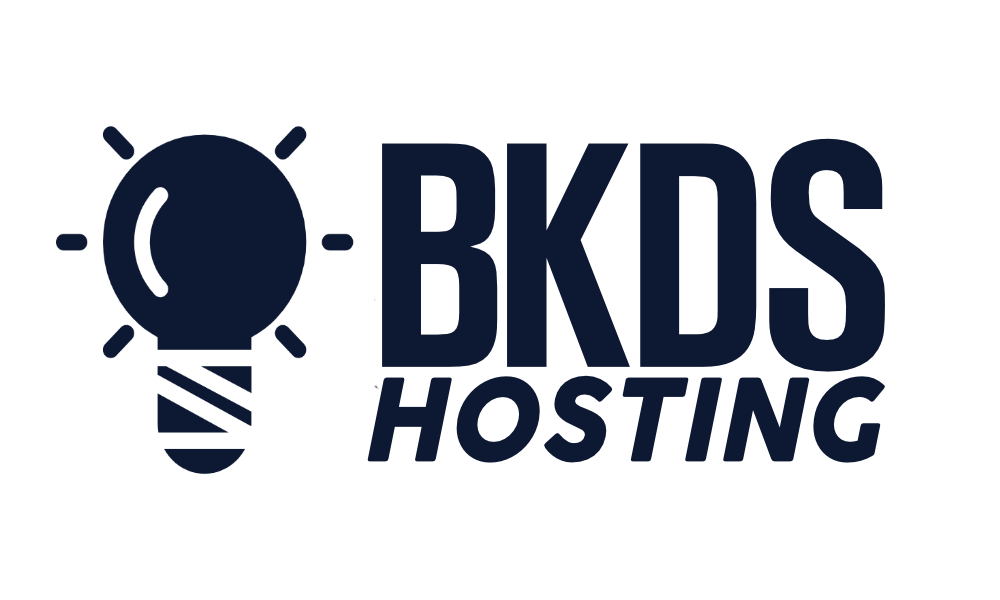In the digital age where small businesses are increasingly dependent on online platforms to reach their customers, the importance of reliable website hosting cannot be overstated. The right hosting service not only ensures the smooth running of a website but also directly impacts the business's online visibility, customer experience, and overall brand reputation. Whether it's about maintaining optimal site speed, guaranteeing uptime, or ensuring robust security, the significance of a trustworthy hosting provider is manifold. However, the question remains – what exact factors make reliable website hosting so crucial for small businesses? Let's explore.
Understanding Website Hosting

To truly appreciate the importance of reliable website hosting for small businesses, one must first understand the various types of hosting options and the unique benefits they offer. Shared, dedicated, VPS, and cloud hosting each present varying levels of control, resources and data storage, crucial for an online business's operation and growth.
Choosing a web hosting service isn't merely a technical decision but a strategic one. How hosting affects your online business goes beyond uptime. It plays a critical role in search engine optimization (SEO), impacting your site's visibility and traffic. A reliable web hosting company ensures minimal downtime, bolstering your site's credibility and customer trust.
Moreover, the necessity for robust security measures cannot be overstated. Reliable hosting is essential for protecting your site against potential threats, enhancing customer confidence in your business. Scalability, too, is intrinsic to hosting services, allowing your online presence to grow with your business.
The Role of Reliability
Given the vital role that website hosting plays in the online presence of a business, the reliability of such services becomes paramount, ensuring consistent accessibility, optimal performance, robust security, scalability, and customer support. A reliable hosting provider is the backbone of a successful online presence, serving as the bedrock upon which the digital interface of small businesses is built.
Reliability in website hosting is crucial for several reasons:
- Minimal Downtime: Reliable hosting ensures an average uptime of at least 99%, contributing to a positive user experience and bolstering the online reputation of small businesses.
- Robust Security: Secure hosting providers offer comprehensive protection mechanisms, such as SSL certificates and firewalls, safeguarding the website data from breaches.
- Scalability: As a business grows, the hosting server must be capable of handling increases in traffic, ensuring long-term sustainability.
In this dynamic digital age, the reliability of website hosting is not a luxury, but a necessity for small businesses. It is the cornerstone that supports the digital infrastructure, thereby enhancing the user experience, safeguarding online data, and ensuring the business's efficient growth.
Website Uptime Importance

Understanding the importance of website uptime— the period when a website is accessible and fully operational— is crucial for small businesses aiming to establish a strong online presence and meet the increasing demands of website traffic. This is where the role of reliable hosting comes into play.
Good Website Hosting ensures minimal downtime, maintaining an average uptime of at least 99%. This not only bolsters user experience but also positively impacts SEO rankings. The table below summarizes the website uptime importance:
| Good Website Hosting | Poor Website Hosting | |
|---|---|---|
| Website Uptime | Average uptime of 99% | Frequent downtime |
| User Experience | User-friendly and reliable | Frustrating and unreliable |
| SEO Ranking | High rankings due to positive user experience | Low rankings due to poor user experience |
Web hosting providers offer a service that ensures your business's online presence is maintained by safeguarding website data and providing reliable hosting. It's essential to opt for hosting providers who understand the website uptime importance, especially when the reputation of small businesses is at stake. Thus, choosing a reliable hosting service makes small businesses ready to meet the increasing demands of the online world.
Types of Reliable Hosting
While acknowledging the significance of website uptime for small businesses, it is equally essential to explore the different types of reliable hosting solutions available, each with their own distinct advantages and trade-offs. To host a website, businesses typically choose from several types of web hosting packages, namely Shared, dedicated server, and VPS hosting.
- Shared Hosting offers an economical solution for small-scale websites, but the 'sharing' of resources may affect the reliable website experience during high traffic periods.
- Dedicated Server Hosting provides exclusive server resources, ensuring robust performance, superior security measures, and high reliability. However, the cost is significantly higher.
- VPS Hosting bridges the gap between Shared and Dedicated Hosting, offering a balance of cost-effectiveness and reliability.
Choosing the best website hosting package depends on a business's specific needs, including budget constraints, traffic expectations, and technical expertise. For small businesses seeking innovation, considering these hosting options can lead to significant improvements in website uptime, user experience, and overall online presence. By selecting the right hosting for small businesses, these enterprises can ensure a reliable website, underpinning their online success.
Choosing Your Hosting Solution

In the landscape of diverse hosting solutions, making an informed choice that aligns with your small business requirements is paramount to ensuring optimal website performance and reliability. When choosing your hosting solution, it is crucial to find a reliable website hosting provider that offers services tailored to small businesses.
A tech-savvy approach to selecting a hosting environment involves a careful evaluation of your specific needs. Take into account factors such as projected traffic, website size, scalability, security, and budget. Each type of hosting offers distinct features and benefits, so consider all hosting options before committing.
Shared hosting, for example, may be a cost-effective solution for startups and small businesses with minimal web traffic. However, as you grow your business and website traffic increases, a more robust solution such as Virtual Private Server (VPS) or dedicated hosting might be necessary.
Conclusion
In conclusion, reliable website hosting is indispensable for small businesses, directly influencing their online presence, security, and customer trust. It safeguards against potential revenue loss due to website downtime and prepares businesses for scalability. Given the array of hosting options available, each business must carefully evaluate its needs to select the most suitable hosting solution. Ultimately, the right hosting provider can be instrumental in fostering business growth and ensuring a seamless online experience for customers.

